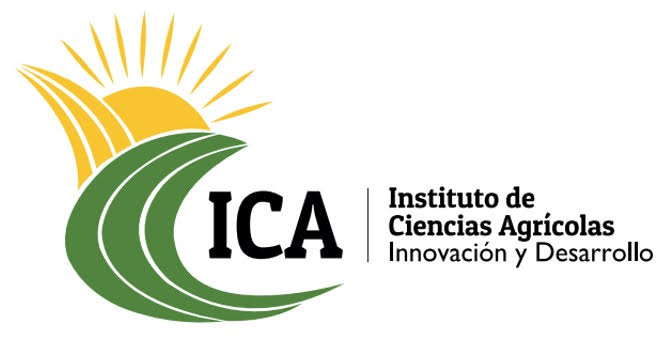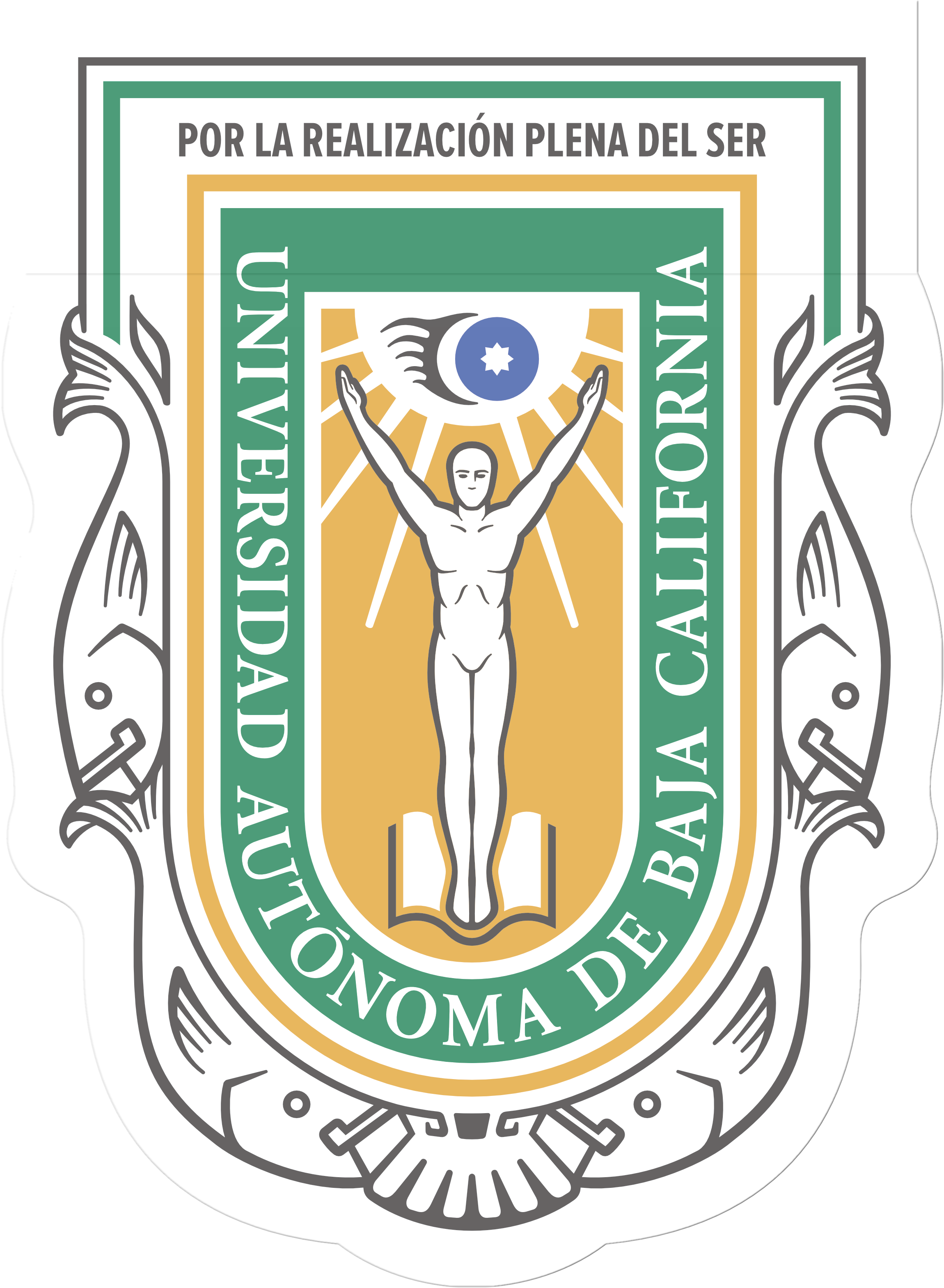Historical Overview
On July 15, 1969, the university council approved the creation of the Institute of Agricultural Sciences at the undergraduate level, starting activities in October of the same year. The degree of Agricultural Engineer was offered with majors in agricultural irrigation and drainage, agricultural machinery and equipment, and agricultural industries. In 1972, was created the degree of Zootechnical Engineer with a major in animal nutrition. In 1976, the major of Phytotechnology was created in the degree of Agricultural Engineer. In 1986, was created the first graduate program: Master's Degree in Use and Management of Irrigation Water in Arid Zones (UMARZA for its acronym in Spanish) and changed from the Superior School of Agricultural Sciences to the school of Agricultural Sciences. In 1987, was created the Master's program in Animal Production Systems, with a focus on Milk Production and Meat Production. In 1990, the school of Agricultural Sciences was transformed into the Research Institute of Agriculture and Livestock, and in 1993 it changed to its current name as the Institute of Agricultural Sciences. In 1991, the Master's program in Agricultural Productivity was created, with terminal areas in Horticulture and Agricultural Parasitology. In 1995, the UMARZA program merged with the Agricultural Productivity program, creating the Master's program in Agricultural Sciences with terminal areas in Horticulture, Parasitology, and Use and Management of Irrigation Water in Arid Zones. In 1996 the Doctorate in Agricultural Sciences was created with terminal areas in Animal Nutrition, Agricultural Crops, Irrigation, and Animal Health. From the above, a very remarkable fact emerges: in barely 10 years this academic unit evolved from a school to an institute. This fact by itself implies an enormous transformation in the type and quality of activity carried out here, although unfortunately, it has not occurred in the same magnitude in which ICA has evolved, generating problems in the definition of vocations and academic productivity.
Currently, we offer the degrees of Agricultural Engineer and Zootechnical Agricultural Engineer, accredited by the Mexican Committee for Accreditation of Agricultural Education A. C. (COMEAA for its acronym in Spanish) since 2004. Also, the following programs are offered: Master of Science in Agricultural Sciences; Master of Science in Animal Production Systems with recognition by the National Register of Graduate Quality (PNPC for its acronym in Spanish) and the National Council of Science and Technology (CONACYT for its acronym in Spanish); and Doctorate in Agricultural Sciences (PNPC-CONACYT). As of 2008-2, the Master's program in Agricultural Production and Global Markets will begin, offered jointly by ICA, the San Quintin School of Engineering and Business and the Tijuana School of Economics and International Relations.
Currently, we offer the degrees of Agricultural Engineer and Zootechnical Agricultural Engineer, accredited by the Mexican Committee for Accreditation of Agricultural Education A. C. (COMEAA for its acronym in Spanish) since 2004. Also, the following programs are offered: Master of Science in Agricultural Sciences; Master of Science in Animal Production Systems with recognition by the National Register of Graduate Quality (PNPC for its acronym in Spanish) and the National Council of Science and Technology (CONACYT for its acronym in Spanish); and Doctorate in Agricultural Sciences (PNPC-CONACYT). As of 2008-2, the Master's program in Agricultural Production and Global Markets will begin, offered jointly by ICA, the San Quintin School of Engineering and Business and the Tijuana School of Economics and International Relations.

